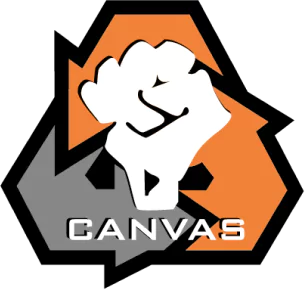Jan 1, 2012-2012
Brazil
At War With São Paulo’s Establishment, Black Paint in Hand
Share
ACTIVISTS/ACT.GROUPS/DESCRIPTION OF THE GROUP
Young members of pichação groups
TARGET
São Paulo Government Authorities
WIDELY HELD BELIEF
Local authorities should not repress the people.
CASE NARRATIVE
Issue and Opponent: Since the early 2000s, the São Paulo authorities have promoted a campaign against visual pollution in the city. In 2006, the “Lei Cidade Limpa” (Clean City Law) was promulgated, which prohibited billboard advertising and sought to demolish abandoned buildings that visually affected the city. For many citizens of São Paulo, these local government decisions are another form of repression and utilization that has affected many Brazilian cities and the country in general. In response to the authorities, some young people, especially men, have decided to implement the pichação as a form of protest against the inaction of policymakers on the growing inequalities in the city. Pichação is a form of street art that gained strength in the 80s, which, unlike graffiti, uses only black paint and phrases, usually with a political or critical tone. Dilemma Action: Since 2012, the different groups that practice pichação have targeted the landscape that São Paulo’s society cares so much to recover, especially government buildings, residential high-rises, and even public monuments. The most daring practitioners risk their lives, scaling building facades at night to paint their script at the crests of smog-darkened skyscrapers. Often applying black paint with rollers instead of using costlier spray paint, the graffitists were influenced by the record sleeves of foreign bands like Iron Maiden and AC/DC. These actions are one reminder of the social ills that Brazil’s economic boom has so far failed to resolve, and may perhaps even be accentuating. Many residents of São Paulo do not agree with these artistic manifestations, mainly because they associate it with criminality and the gangs that young pichação artists have formed. Pichação gangs often consist of about 10 members, mostly young men from São Paulo’s poor periphery, who paint short phrases or their names. These groupings organize in broader associations called labels, which can encompass as many as 50 different gangs. Outcome: Some of the street artists have fallen to their death from terrifying heights. Even as São Paulo’s other forms of graffiti acquire some respectability as street art, shown in galleries in the country and abroad, pichação remains defiantly outside such conventions. Critics of pichação question whether the practice is as politicized as some gang leaders say it is, or rather an empty form of expression simply degrading the city, instead of exploring new ways of improving it. Even though other Brazilian cities are relaxing their laws about street art, São Paulo does not accept pichação as one of them. As of 2022, pichação artists in São Paulo continue painting different buildings to generate visibility of inequality in the city, but there is no evidence of the government reacting to them.
PRIMARY STRUGGLE/GOAL
NONVIOLENT TACTICS USED
DA TACTICS USED
Paint as protest
Popular nonobedience
Slogans/caricatures/symbols
CASE NARRATIVE WRITER
SUCCESS METRICS
4 / 12
(MC) Media Coverage
(PUN) Punishment favored the activists
(RF) Dilemma action reduced fear and/or apathy among the activists
Artivism
PART OF A LARGER CAMPAIGN
1 / 3
Activist group continued working together after the action
RESOURCES
Project documentation
Dilemma Actions Coding Guidebook
Case study documentation
Dilemma_Actions_Analysis_Dataset
SOURCES
Stefan. 2012. “At War With São Paulo’s Establishment, Black Paint in Hand,” Actipedia. Retrieved July 23, 2023. (https://actipedia.org/project/war-s%C3%A3o-paulo%E2%80%99s-establishment-black-paint-hand).
https://www.nytimes.com/2012/01/29/-war-with-sao-paulos-establishment-black-paint-in-hand.html?_r=1. Accessed April 15, 2022.
Related cases
Dec 27, 2022-2022
Online, Sweden
Machismo and climate denial, as well as an alliance with the fossil fuel industry, is a package deal for the right. Andrew Tate, a former kickboxer is infamous for his...
/
Oct 25, 2013-2014
China, Online, Switzerland, Tibet
Dhondup Wangchen is a Tibetan filmmaker and activist who was detained by Chinese authorities in March 2008 on charges related to a 25-minute documentary titled “Leavin...
/
Sep 28, 2009-2009
Guinea
Captain Moussa Dadis Camara took power in a coup in December 2009, following the death of Guinea’s longtime President Lansana Conte. When he took power, Captain ...
/
Subscribe to our newsletters to get full access to all materials on our website.

